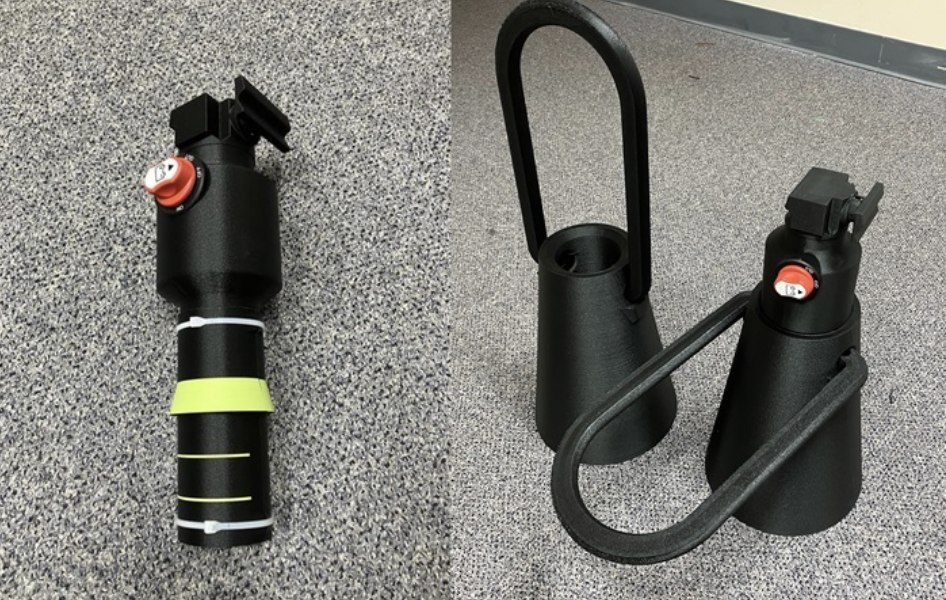The dust has settled, the incessant ads have been silenced, and the annoying text messages are no more. Donald Trump has won the presidency, and many people have asked me what that means for the car industry.
The office of the POTUS will have some impact on the future plans of car companies, but it will mostly be indirect. Tariffs, economic policy, interest rates, and executive orders aimed at manufacturing will change many industries, car companies included.
In the campaign, Trump spoke several times about scaling back the upcoming emissions standards that have been phased in by the Biden administration.
In March of this year, Biden and the EPA adjusted emission standards for vehicles with a timeline of implementation in 2032. These standards would make it much more difficult for manufacturers of traditional internal combustion cars and trucks to compete and, in turn, make new cars even more expensive.
Many manufacturers have responded to this by ramping up development of hybrid and battery-only electric vehicles to offset emissions from their fuel burning lineup. While electric-vehicle only mandates don’t exist at the federal level, this measure makes it very difficult to maintain a car brand without mass production of them.
It is almost like two EV’s must be produced for each combustion car sold. At the end, if the EVs end up laying around on the lots, the car companies are left saying, “Well, we tried.”
Another Trump promise was to reconsider the EV tax credit system implemented by Biden. This tax credit is a $7,500 point of sale credit on electric vehicles under $55,000. It also has a requirement that the vehicle must be assembled in North America and have domestic battery origin over 50%, while being phased to 100% in year 2029.
Trump has hinted, on the campaign trail, at removing this tax credit on day one of his presidency.
To find out what the tax credit removal will do, we must look deeper at what it would look like without it. By removing the tax credit, EV manufacturers can use cheaper batteries imported from outside of the United States and can assemble their cars anywhere they would like to.
This may bring down the overall costs of EVs but may end up shuttering newly minted domestic plants, costing the jobs of many Americans. It would take some time for prices of these cars to drop initially and lead to a reduced demand for EVs, which have taken a hit in 2024 already. This could lead to losses for all companies that produce EVs and stifle development of future models.
While Trump has been judged accurately to be mostly against electric vehicles, the addition to Elon Musk as a cabinet member may suggest otherwise.
Musk will head up the Department of Government Efficiency, a new sector of government charged with reducing wasteful spending and bureaucracy. Since Musk has been the most successful industrialist in the EV market, I am sure he will be influencing the direction of the administration on EV policy.
Trump has also introduced a plan to make the interest paid on car loans tax deductible, mirroring the same style tax break given to homeowners with a mortgage.
While this may be a good gesture to reduce the price of financed-vehicle ownership, the tax break may benefit the luxury car market more than any other. Nine out of 10 taxpayers do not itemize and would not be able to claim this tax break in the first place.
While monetary policy aimed at lowering base interest rates has also been talked about, and I believe that would have a much larger impact than the rate cost deduction, cheap loans sell cars better than anything else ever tried.
Tariffs on foreign goods promised by Trump will also impact the industry.
While costing the competition more upon importing cars, it also costs them more to import parts. Many of those parts that will now cost more are components of vehicles built here. This is going to complicate the already fragile supply chain that caused so much grief when Biden was in office.
The big three domestic manufacturers, Ford, GM, and Stellantis also make complete cars in countries outside of the United States. Those cars will be subject to tariffs as well, leading to higher prices at the dealership.
In conclusion, many of the campaign promises offered by the Trump campaign seem like good news for the domestic automotive market but will have repercussions over the long term. Just remember, political promises can and will be changed as the new administration transitions into office.
I fully expect for there to be adjustments and flexibility in implementation. The Trump administration and car makers will have to work together for American car market dominance to ever happen again.
As for me, I will see you on the road!











